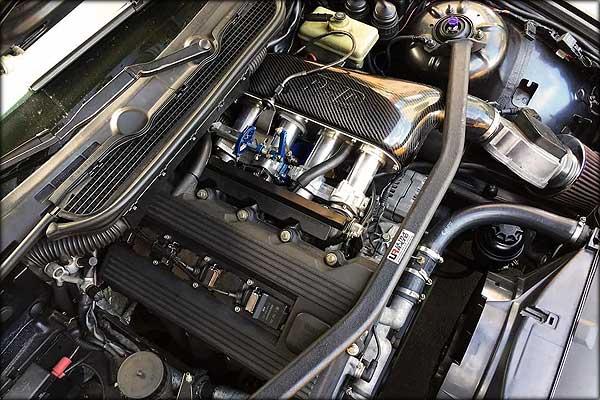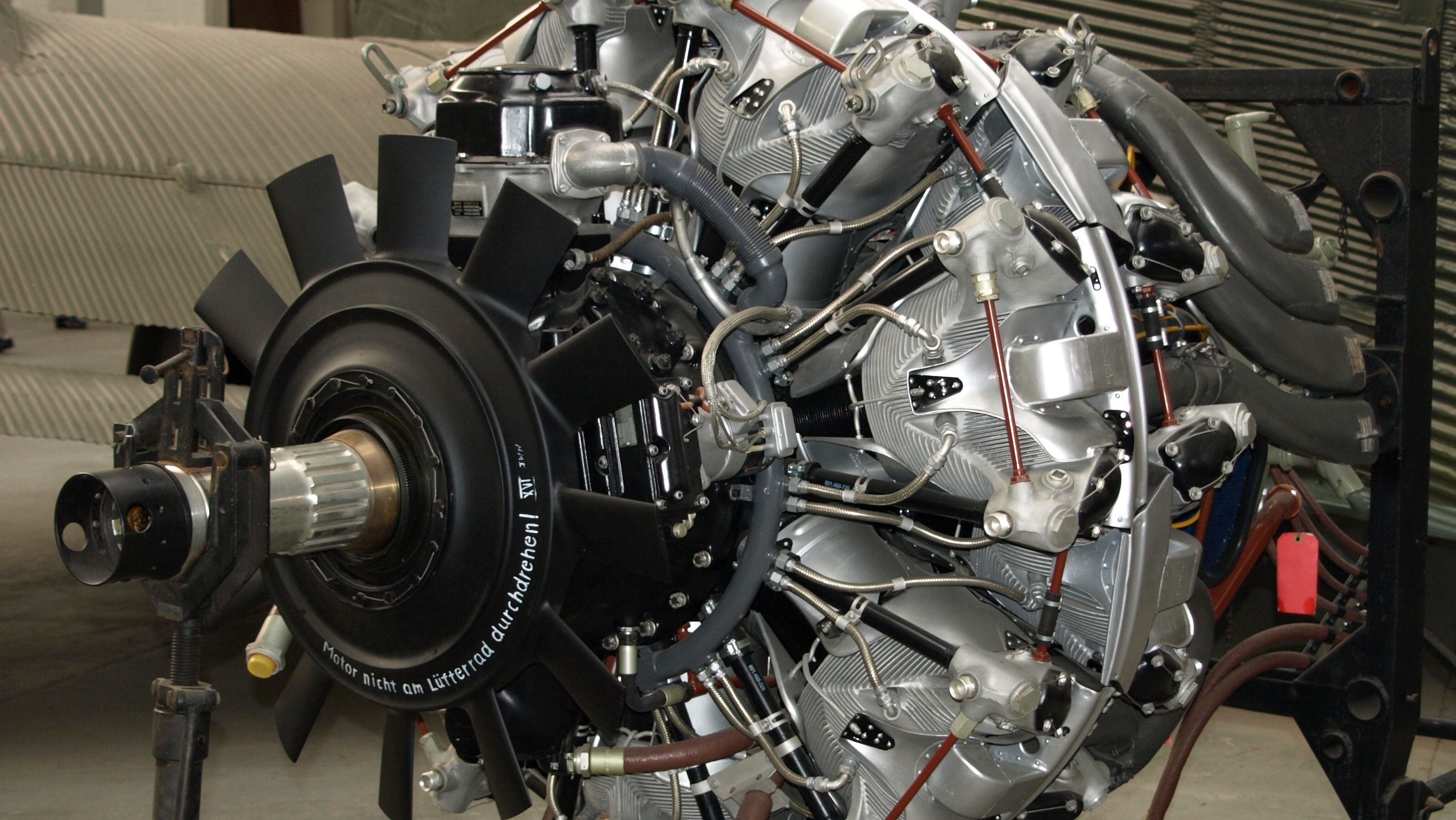The Evolution of the BMW Engine: A Look Back at Iconic Models
The Evolution of the BMW Engine: A Look Back at Iconic Models
Blog Article
Introducing the Intricacies of Next-Generation Power Units: a Deep Dive Into Advanced Engine Advancements and layouts
As we stand on the precipice of a brand-new age in transport, the ins and outs of next-generation engine styles beckon us to check out the cutting-edge modern technologies and advancements that promise to redefine the driving experience. Delving much deeper into the realms of emission control, intelligent engine monitoring systems, and the perspective of power unit development, we find ourselves on the cusp of a transformation that assures to improve the landscape of flexibility as we know it.
Advancement of Engine Products

The shift towards progressed engine products has additionally enabled designers to design engines with higher power outcomes while preserving gas performance standards. For example, the use of lightweight products minimizes the total weight of the engine, leading to improved fuel economic climate and lower discharges. In addition, advancements in materials innovation have actually permitted for far better thermal management within engines, leading to raised dependability and durability.
Turbocharging and Supercharging Technologies
How do Turbocharging and Supercharging Technologies transform engine performance and performance in modern-day automobiles? Supercharging and turbocharging are innovations that substantially improve engine performance by increasing the quantity of air intake right into the combustion chamber. Turbocharging attains this by using a turbine driven by exhaust gases to pressurize the consumption air, while supercharging utilizes a belt- or chain-driven compressor to achieve the very same impact.
These technologies allow smaller, a lot more fuel-efficient engines to produce power equal to larger ones, called downsizing. Forcibly even more air into the cyndrical tubes, turbo charging and turbocharging improve burning efficiency, causing enhanced horse power and torque output without a substantial increase in engine dimension. This results in far better velocity, towing capacity, and total driving performance.
Moreover, turbo charging and turbocharging add to enhanced gas efficiency by enabling the usage of smaller engines that take in much less gas under normal driving conditions - bmw engine. This mix of boosted performance and effectiveness has actually made turbocharging and turbo charging essential elements of several modern engine layouts
Emission Control and Environmental Effect
With boosting international concerns relating to air top quality and ecological sustainability, the implementation of emission control innovations in automobiles plays an important duty in reducing damaging contaminants launched right into the atmosphere. Modern cars are furnished with innovative emission control systems that help reduce the environmental effect of auto operations. Catalytic converters, as an example, are made to convert harmful gases such as carbon monoxide gas, nitrogen oxides, and hydrocarbons right into much less hazardous materials like carbon dioxide and water vapor.
Additionally, improvements in engine modern technology, such as the integration of exhaust gas recirculation systems and selective catalytic decrease, have actually substantially added to reducing emissions. These technologies operate in tandem to maximize burning effectiveness and reduce the release of damaging pollutants into the air. In addition, the growth of crossbreed and electrical lorries stands for a crucial step towards lowering the total ecological impact of the transport industry.
Intelligent Engine Management Systems

Furthermore, these systems allow cars to satisfy rigid emissions criteria without compromising performance, providing a more eco friendly driving experience. The combination of fabricated knowledge and artificial intelligence capacities in engine administration systems remains to press the boundaries of what is possible, leading to additional enhancements in effectiveness, dependability, and general automobile efficiency. bmw engine. As automobile modern technology advances, intelligent engine management systems will play a vital duty news in shaping the future of transportation in the direction of a much more sustainable and reliable instructions
Future Trends in Power Unit Advancement
As intelligent engine administration systems lead the way for boosted control and optimization in modern lorries, future patterns in power unit development are positioned to redefine the landscape of automobile propulsion technologies. These alternative power sources supply improved effectiveness and performance while aligning with strict environmental laws.
One more significant trend is the combination of advanced products and making strategies. Light-weight materials such as carbon fiber and aluminum are being used to lower overall lorry weight, boosting fuel performance and performance. Additionally, improvements in 3D printing and additive production are making it possible for the production of intricate engine components with greater accuracy and durability.
Furthermore, fabricated intelligence and artificial intelligence are playing an important role in optimizing power unit performance. These innovations allow for real-time surveillance and adaptive control, causing more reliable and efficient power delivery. Overall, future fads in power unit advancement are tailored in the direction of performance, performance, and sustainability, driving the auto market in the direction of a new era of propulsion technologies.

Final Thought
In verdict, the advancements in engine materials, turbocharging, exhaust control, and smart management systems have led the way for next-generation power units. The elaborate layouts and innovations in modern engines display the ongoing evolution of auto modern technology.
Discovering the modern developments in engine materials has been essential in enhancing the performance and effectiveness of modern-day engines. Over the years, the advancement of engine products important site has played a critical duty in pushing the boundaries of what engines can achieve.The change in the direction of advanced engine products has also made it possible for engineers to design engines with higher power results while maintaining fuel efficiency requirements.The application of intelligent engine administration systems in modern-day automobiles has actually reinvented the method engines are regulated and maximized for efficiency and efficiency. By accumulating data in real-time and assessing it with advanced formulas, intelligent engine administration systems can my website adapt to driving designs, ecological factors, and engine health and wellness to take full advantage of power outcome while reducing gas intake and exhausts.
Report this page